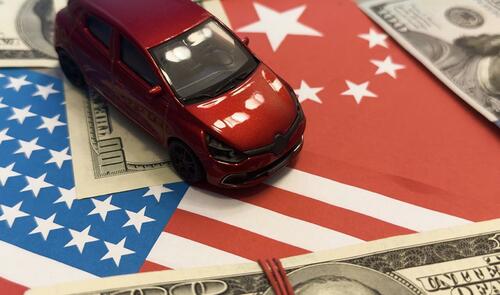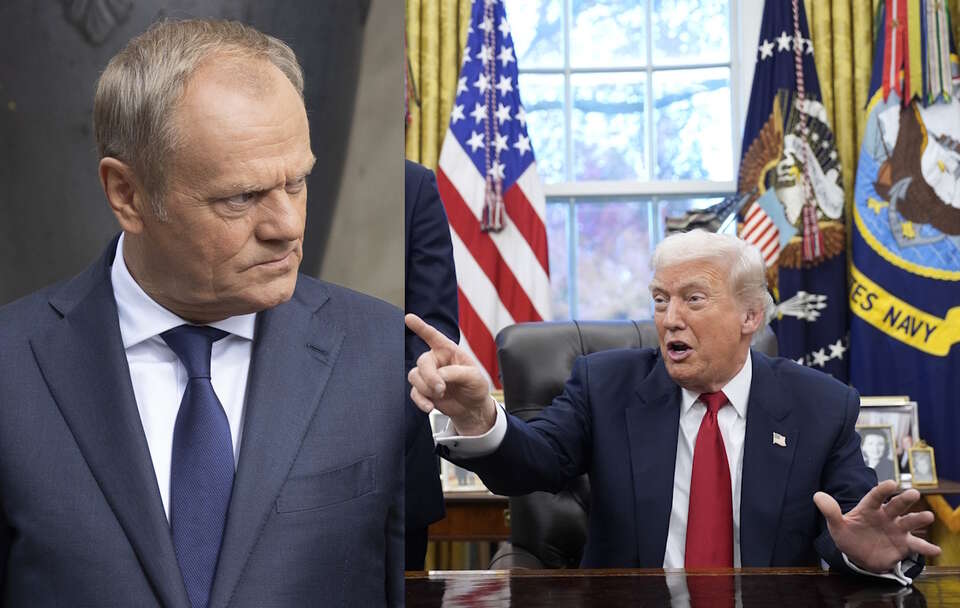
Auto Tariffs Will Cost Consumers An Estimated $2,000 More Per Vehicle
President Trump’s tariffs are hitting car buyers hard, with prices expected to rise nearly $2,000 per vehicle, according to consulting firm AlixPartners. The firm estimates that automakers will pass on 80% of the $30 billion tariff cost, adding about $1,760 per car, according to Bloomberg.
“These tariffs bring a big wall of cost,” said Mark Wakefield, AlixPartners’ global auto lead. “We see consumers taking the majority of the hit.”
General Motors and Ford have already projected tariff-related hits of $5 billion and $2.5 billion, respectively, and plan to offset some of it through price hikes. Wakefield warned this will result in around 1 million fewer cars sold in the U.S. over the next three years. Still, AlixPartners sees a rebound, projecting U.S. auto sales to hit 17 million by 2030.
Bloomberg reports that while the 25% tariff is steep now, the firm expects it to ease as trade deals evolve, predicting a drop to 7.5% for assembled cars and 5% for parts. “This tariff wall is not likely to last forever,” Wakefield noted.

What may have longer-lasting consequences, however, is the Trump administration’s rollback of EV incentives, including the $7,500 consumer tax credit. Without that support, Americans are expected to “follow their pocketbook,” Wakefield said, and stick with gas-powered cars.
As a result, AlixPartners slashed its EV forecast for 2030. They now see battery electrics making up just 17% of U.S. car sales—down from an earlier prediction of 31%. Internal combustion engines, previously expected to fall to one-third of sales, are now projected to hold at 50%. Traditional hybrids are forecast to reach 27%, while plug-in hybrids will make up only 6%.
Wakefield warned that these policy shifts could seriously undercut U.S. automakers in the global EV race, potentially making them reliant on Chinese platforms and technology.
“It makes it much more likely that they end up licensing or joint venturing or otherwise using platforms and EV technologies from China,” he said.
And while American automakers might still dominate one segment, Wakefield had a biting prediction: “They’ll have the world’s best V8 engines by 2028. They’ll probably also have the world’s only V8 engines by 2028.”
Tyler Durden
Tue, 06/24/2025 – 05:45

 4 miesięcy temu
4 miesięcy temu










